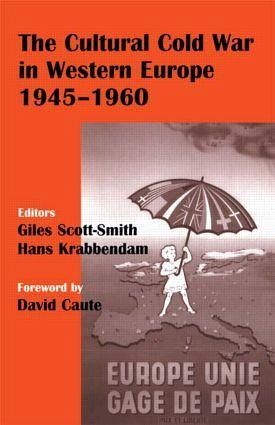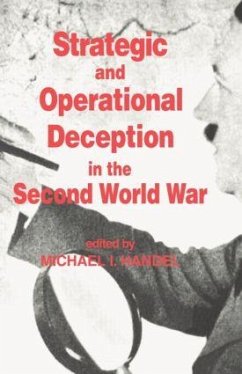
The Cultural Cold War in Western Europe, 1945-60
Versandkostenfrei!
Versandfertig in 1-2 Wochen
58,99 €
inkl. MwSt.
Weitere Ausgaben:

PAYBACK Punkte
29 °P sammeln!
The idea of the Cold War as a propaganda contest as opposed to a military conflict is being increasingly accepted. This has led to a re-evaluation of the relationship between economic policies, political agendas and cultural activities in Western Europe post 1945. This book provides an important cross-section of case studies that highlight the connections between overt/covert activities and cultural/political agendas during the early Cold War. It therefore provides a valuable bridge between diplomatic and intelligence research and represents an important contribution towards our understanding of the significance and consequences of this linkage for the shaping of post-war democratic societies.














